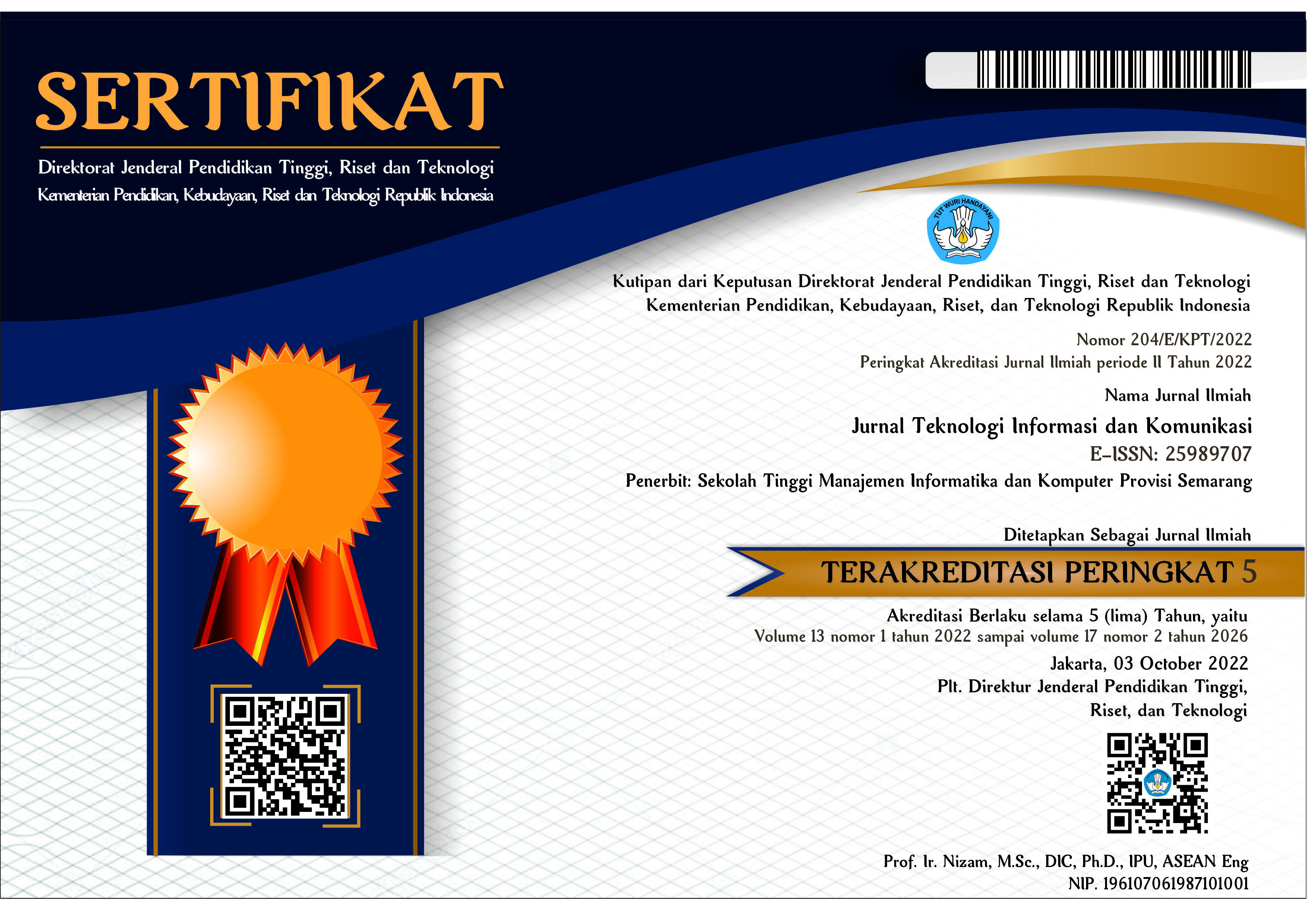ANALISIS PENERIMAAN APLIKASI MYPERTAMINA MENGGUNAKAN METODE TECHNOLOGY ACCEPTANCE MODEL (TAM)
DOI:
https://doi.org/10.51903/jtikp.v14i2.714Keywords:
Analysis, Acceptance Of Technology, Technology Acceptance Model (TAM)Abstract
In an effort to protect and maintain customer loyalty, PT Pertamina introduced a loyalty program called MyPertamina. This application allows customers to make non-cash transactions through LinkAja! Meanwhile, the government is currently testing official transactions for fuel oil (BBM), diesel and pertalite subsidies, through this program. The objective of this research is to recognize the determinants that influence the public's acceptance of the MyPertamina application. In this study, the Technology Acceptance Model (TAM) approach is utilized to gauge the extent to which users accept technology based on their behavior. There are four variables in TAM that are used, namely Perceived Usefulness, Perceived Ease of Use, Behavioral Intention to Use, and Actual System Use. As many as 160 respondents who are users of the MyPertamina application are the subject of this study, selected using the Lemeshow formula. The results showed that after the primary data was processed using the SPSS application, hypothesis testing was carried out using Structural Equation Modeling (SEM). In addition, Perceived Ease of Use also has a positive and significant effect on Behavioral Intention to Use and Actual System Use. However, there is no positive and significant effect between Behavioral Intention to Use and Actual System Use.










